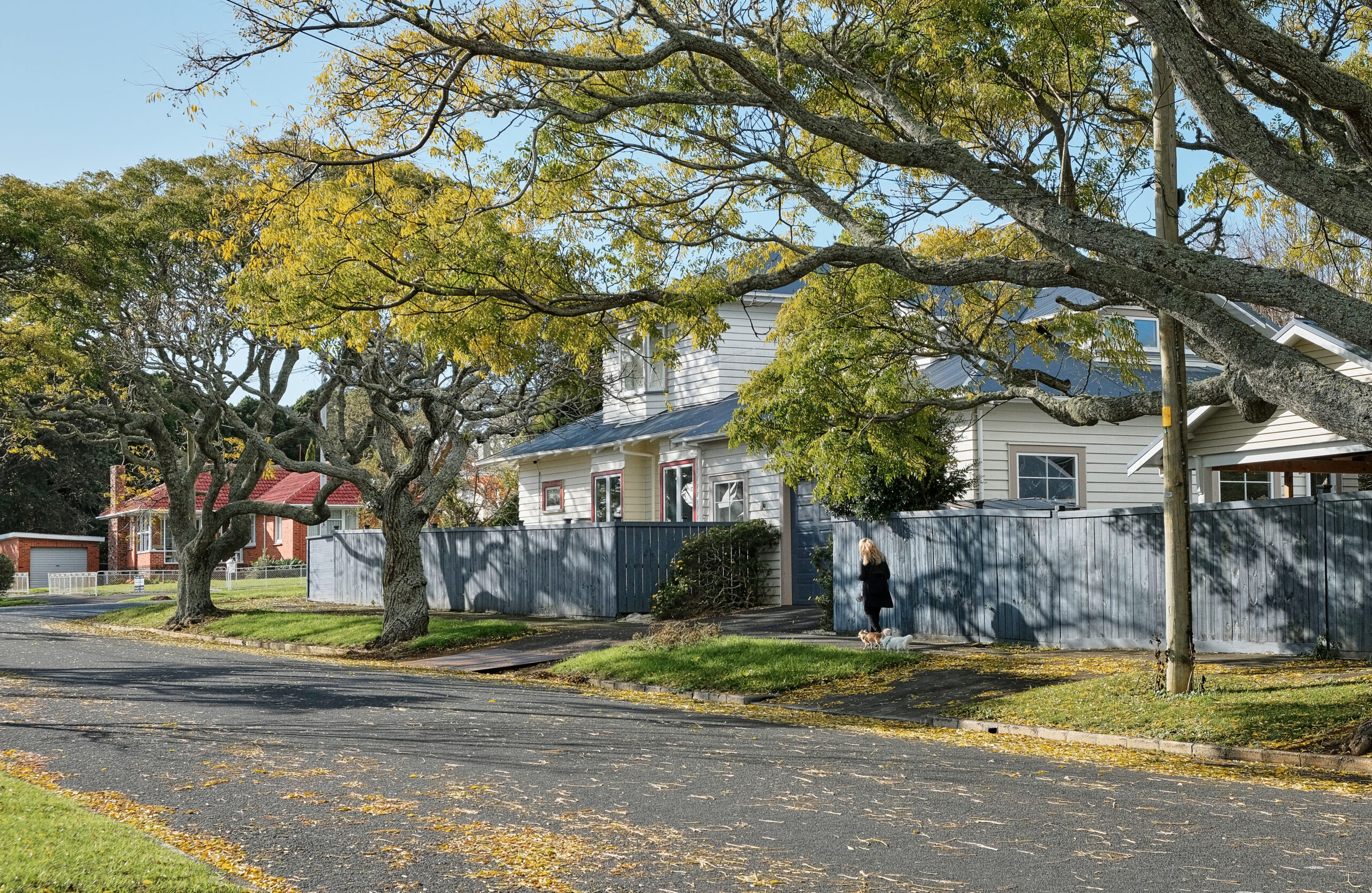In a sunny country like New Zealand, having solar panels is a great way to become more self-sufficient and to reduce your energy bills. However, many home owners are unsure about what makes a roof suitable for solar energy systems and whether theirs is a good candidate.
The ideal roof would be large, facing North or East/West to face the days moving sun. A roof angle of 35˚ to 40˚ is ideal for the sun but challenging for installers to work on, but thanks to advances in solar panel technology, most roofs can now benefit from a solar power system with great results.
At Harrisons Energy Solutions, our mission is to debunk jargon and make solar systems easy to understand, so here are the key elements in deciding whether a roof is suitable for solar panels.
Roof orientation
Roofs facing north, northwest or northeast have the best exposure as they will get most sunlight throughout the day, but your roof would still be suitable for solar panels if it faces east or west. You may be surprised to hear that you would only lose a small percentage of peak production compared to north-facing installations. East West may work better for you if you require more production morning and afternoon rather than in the middle of the day, especially if you are away from home during this middle period.
Roof pitch
Interestingly, the optimum roof pitch angle will depend on the latitude where you live.
Broadly speaking, the best tilt angles in New Zealand are between 23 and 36˚ in summer and 51 to 61˚ in winter. However, there will be variations depending on your exact location.
To give a few examples, Whangarei ‘s optimum tilt angle is 26˚ in summer and 51˚ in winter; Auckland’s are 27˚ and 52˚ in summer and winter respectively; Wellington’s 31˚ and 56˚; in the area around Christchurch 32˚ and 57˚ and in Dunedin and Invercargill 36˚ and 61˚.
If your roof angle doesn’t lend itself to those numbers naturally, all is not lost, as solar panels can be mounted on Tilts to raise them to the best position.
If you have a flat roof, it is all the more important to angle panels for practical reasons, to allow rain to fall off the panels and to prevent dirt, leaves, etc. to deposit themselves on their surfaces and impair their functioning.
Roof size
Ideally, you would want to have up to 24 m2 available – which is the equivalent of a parking space, but if you don’t, you could use more efficient panels to compensate – this is something your Harrisons Energy expert will advise you on.
Shading on roof
Modern solar panels can cope with some level of shading, but to get good solar energy production, it should be free of shade for most of the day. Trees, tall buildings and chimneys can all cast shadows and decrease the efficiency of your solar panel system.
Although solar panels need light as opposed to sun, they won’t be efficient if your roof is in the shade majority of the time and this is one of the most significant problems you may encounter.
If you get any shade on your roof, the only way to ascertain how much of a problem it will be is to get a shade analysis done. Your Harrisons Solar expert will ascertain any shading issues and design a system to best counter any shading effects.
Roof Structure
The average-sized solar system, including panels and mounting frames, can weigh about 275Kg. Although it is quite rare to come across roofs that aren’t strong enough to cope with these numbers, it should nevertheless be checked during the site inspection to determine whether additional roof support may be needed.
Roofs will also be drilled into to secure mounting panels so it is important to ensure that its structural integrity won’t be compromised by it.
In conclusion, there are very few roofs that can’t be fitted with our solar panels, but it requires a knowledgeable, experienced company like Harrisons Energy to put in place solutions to rectify the site’s imperfections. Call us on 0800 00 33 54 or via our form to organise a free on-site consultation and quote.



